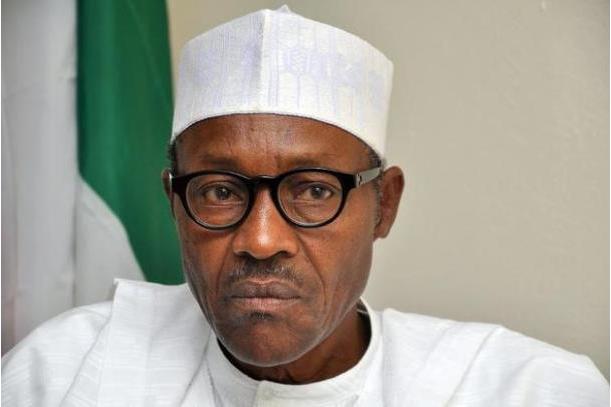Latest News
IMF says Nigeria needs to increase spending by 18% of GDP to achieve SDGs

News Highlight
IMF recommends that the country should increase annual spending by 4 percentage points of GDP to expand health workers, improve infrastructure, and improve health outcomes.
A new International Monetary Fund (IMF) report that provides technical advice to Nigeria says the country needs to increase spending by 18 per cent of gross domestic product (GDP) in some critical sectors to make progress and achieve the Sustainable Development Goals (SDGs) by 2030. The report, which was released on Monday, emphasizes increased annual spending in five critical SDG sectors, namely education, health, roads, electricity, and water and sanitation.
The IMF Country Report No. 20/177, titled “Nigeria: Additional Spending Toward Sustainable Development Goals,” was prepared by IMF staff in response to the country's request for technical assistance. The request was made from the Office of the Senior Special Assistant to the President on Sustainable Development Goals (OSSAP-SDGs), Princess Adejoke Orelope-Adefulire. The Office says it is committed to advance towards the achievement of the United Nations 2030 Agenda for Sustainable Development.
“Nigeria faces serious development gaps,” the IMF staff wrote. “Healthy life expectancy is 49 years, placing Nigeria among the bottom six countries in the world. Some 54 percent of the population is connected to an electricity grid that collapses about once a month. Roads are in precarious condition. Less than 4 percent of the population have access to safely managed water. Overall, Nigeria’s indicators of human and physical capital are worse than countries with lower GDP per capita.”
In order to raise living standards, reduce poverty, and provide better opportunities for the youth, the multilateral financial institution said Nigeria needs to invest more in its people and its infrastructure.
In the education sector, the IMF said the relatively low resources devoted to the sector are insufficient to deliver quality education for all. SDG 4 aims to ensure inclusive and equitable access to quality education and lifelong learning opportunities for all. Hence, IMF estimates total annual spending in education would need to increase by 7.7 per cent of GDP by 2030.
The IMF said Nigeria needs to tackle health inefficiencies. In this regard, IMF recommends that the country should increase annual spending by 4 percentage points of GDP to expand health workers, improve infrastructure, and improve health outcomes. This will help to achieve SDG 3, which focuses on universal health coverage and seeks an end to the epidemics of major communicable and non-communicable and environmental diseases.
In the electricity sector, the IMF calls for annual investments of 1 per cent of GDP for the rehabilitation and expansion of power infrastructure. As for roads, the report estimates 2 per cent of annual GDP to expand the road network. Road transport has a key role to play in achieving the SDGs by facilitating the movement of people and goods to foster economic and social prosperity. Goal 7 seeks to promote broader energy access and increased use of renewable energy, while Goal 9 identifies infrastructure as an important aspect of sustainable development, alongside industrialization and innovation.
In the water and sanitation sector, the report estimates that open defecation can be eradicated and basic water and sanitation can be achieved at a modest annual cost of 0.6 per cent of GDP, while water and sanitation for all will be achieved at an additional 2.5 per cent of annual GDP. SDG 6 addresses the importance of sanitation and hygiene, placing emphasis on quality and sustainability of water resources.
Beyond mobilising resources, IMF said improving coordination and strengthening governance is critical to delivering on the SDGs.
The IMF mission took place from January 29 – February 11, 2020 before COVID-19 became a global pandemic. However, the report focuses on some of the medium-term challenges that Nigeria will face after the COVID-19 crisis and the additional spending needed to achieve the SDGs.
Related News
Latest Blogs
- The Museum of West African Art saga
- The complexity and complication of Nigeria’s insecurity
- Between bold is wise and wise is bold
- Prospects of port community system in Nigeria’s maritime sector
- Constitutionalism must anchor discipline in Nigerian Armed Forces
Most Popular News
- NDIC pledges support towards financial system stability
- Artificial intelligence can help to reduce youth unemployment in Africa – ...
- Green economy to surpass $7 trillion in annual value by 2030 – WEF
- ChatGPT is now the most-downloaded app – report
- Africa needs €240 billion in factoring volumes for SME-led transformation
- CBN licences 82 bureaux de change under revised guidelines






